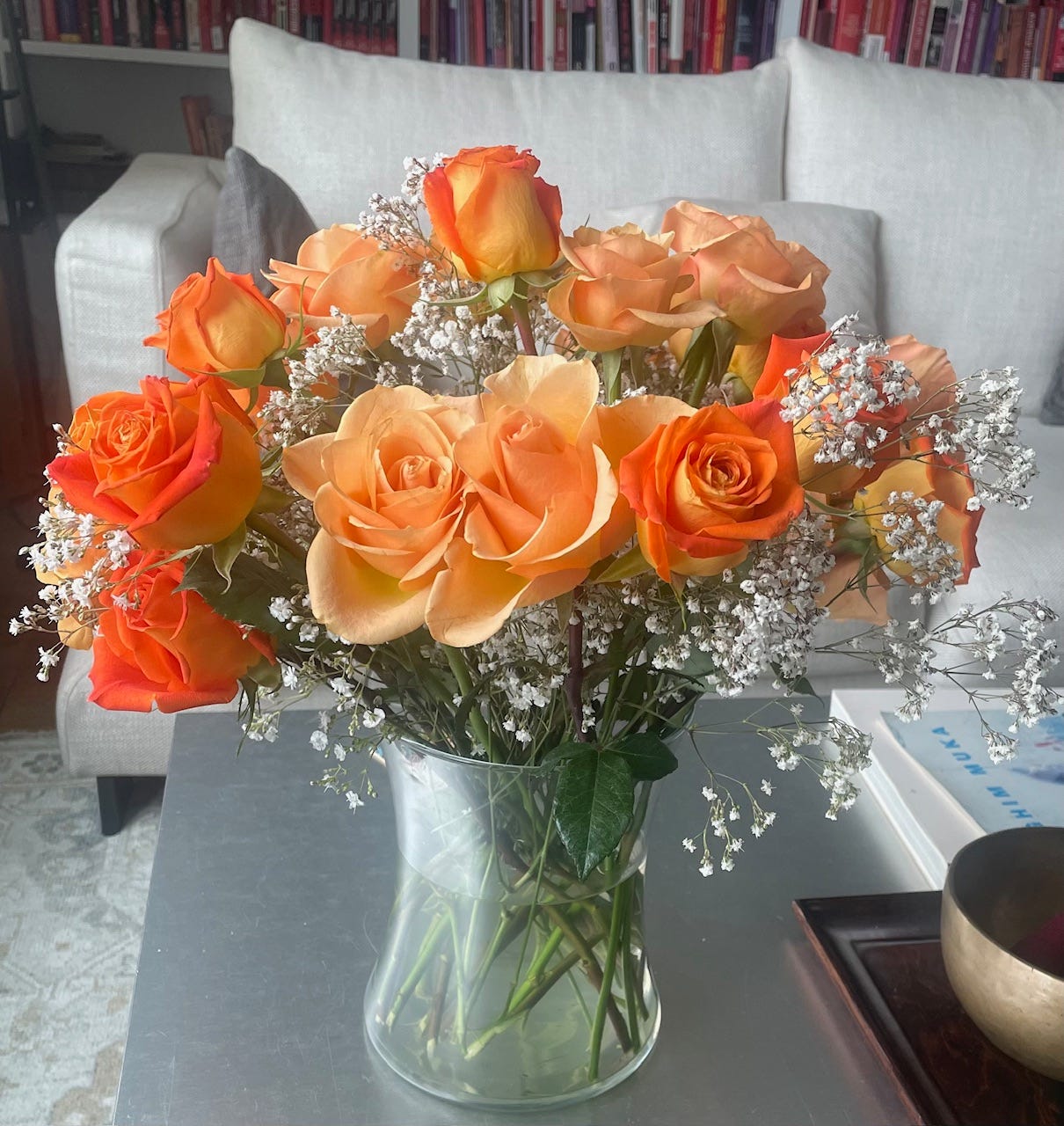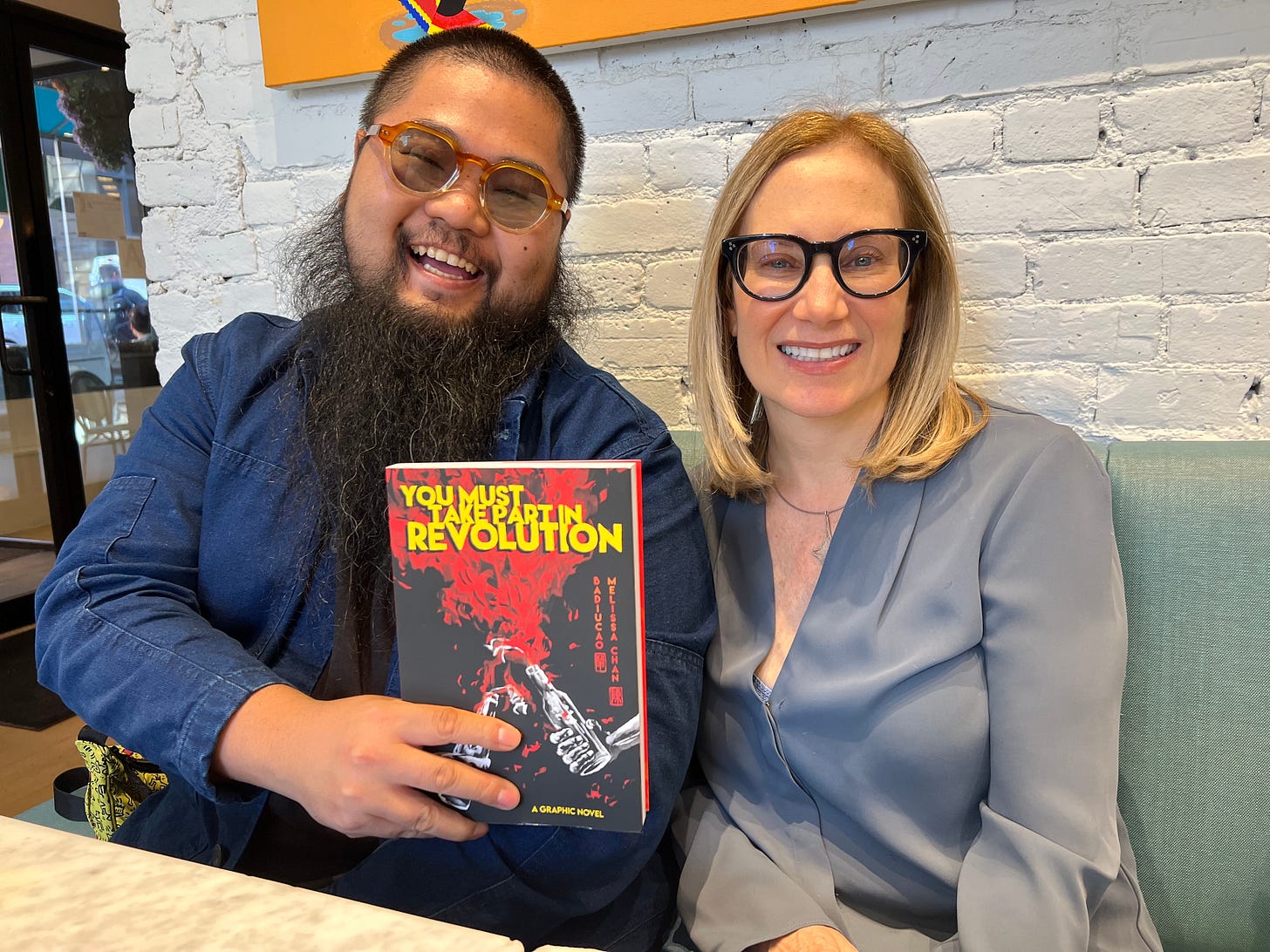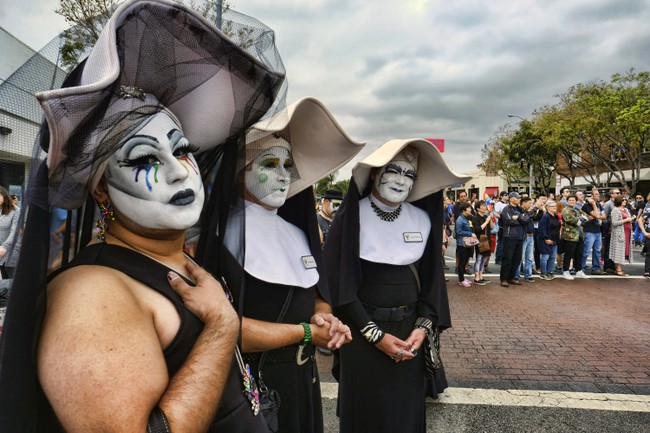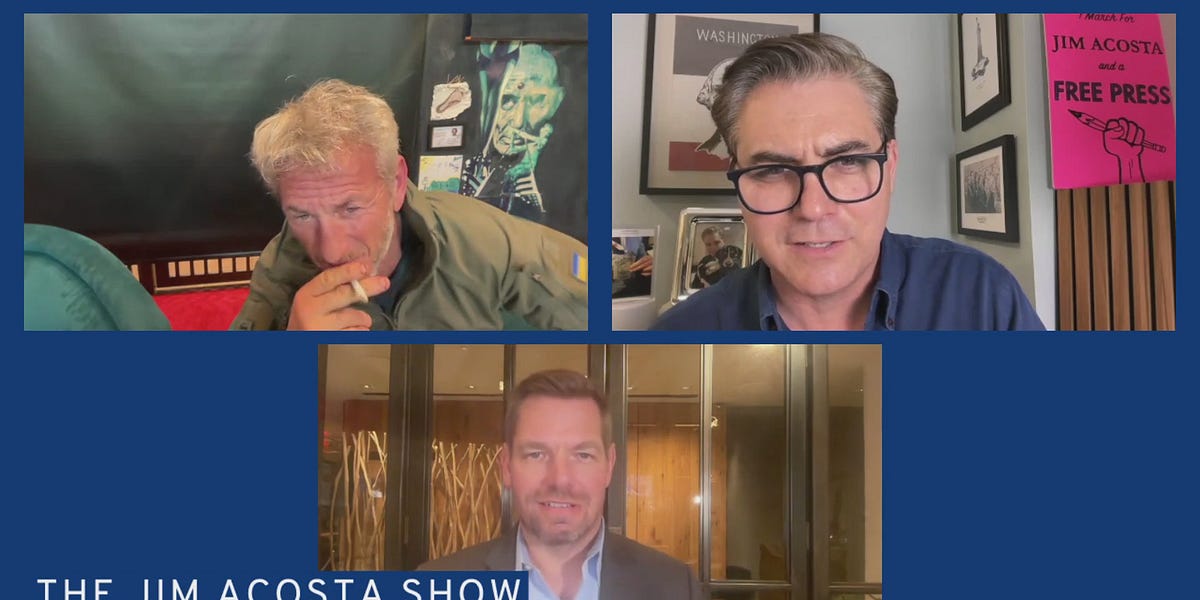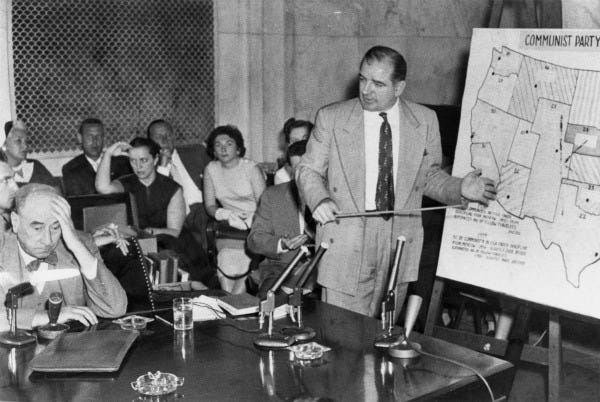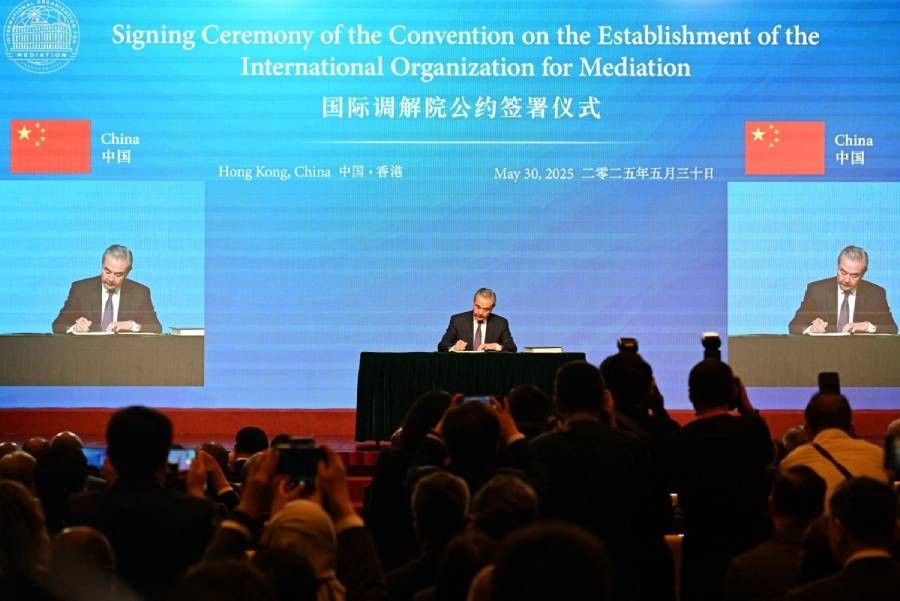On Self-Care in Difficult Times, and the Value of Hope
Even if we are careful about the amount and timing of our news consumption, what we are living through is overwhelming by design. The deliberate displays of cruelty and collaborations with leaders who elevate dehumanizing practices into state spectacle are meant to frighten us into silence, and the visual and other parallels with past regimes are another intimidation strategy.
If we are active in fighting for democracy, it can be taxing on the body and the spirit. Resilience and mental toughness are essential whether you are protesting on the street, dealing with trolls online, defending yourself against lawsuits (the modern autocrat's way of financially and psychologically wearing down opponents), or facing state security personnel.
It can be difficult to show up day after day to protest or work on lawsuits, voter registration, or immigrant or LGBTQ rights, without knowing what the outcome of your efforts will be.
"I would say my personal hero is Sisyphus," the Chinese dissident artist Badiucao told me in 2022 from his Australian home-in-exile. Facing continual Chinese government efforts to shut down his shows abroad, and death threats from Chinese nationalists online, he takes inspiration from the Greek mythological figure who was eternally rolling a large stone uphill. "It seems like what I'm doing is always censored and taken down, constantly being threatened. But the very action of an individual [who] keeps trying in the right direction, has its own value, regardless of the result."
Self-care is essential for this kind of resiliencegiving yourself what you need to continue the struggle, whether that means time with friends, time spent on worthy causes and in caring communities, time alone or in nature, time with a mental health professional (if finances permit), or a temporary break from social media. "I respect the time I spend each day treating my body, and I consider it part of my political work...Caring for myself is not self-indulgence, it is self-preservation, and that is an act of political warfare," Audre Lorde, a veteran of feminist and other battles, wrote knowingly.
The resilience of anti-authoritarian activists is also fueled by hope. Autocratic states know exactly how powerful hope can be: that's why they have always used propaganda and threat to demoralize people and make them believe that it is useless to resist.
Hope is a precondition of resistance because it keeps alive the idea that another reality is possible in the future and that our daily actions in the courts, at the ballot box, and in the streets can make a difference. Five years into Putin's presidency, as the Russian leader consolidated his hold on power, Russian dissident Boris Kagarlitsky observed that “struggle does not always lead to victory, but without struggle not only can there be no victory, but there cannot even be elementary self-respect.”
No one can take away the self-regard that comes from knowing you are doing the right thing, even if colleagues, family, employers, or others caution you against continuing your actions and the authoritarian adversary makes your life difficult.
Hope keeps us from internalizing the autocrat’s propaganda that “I am everything, all-powerful, and you are nothing” and thus giving up the struggle. At Honolulu's Church of the Crossroads, where I spoke in March 2023, a woman whose family had fled the dictatorship of Fidel Castro in Cuba cried as she compared the volume of lies and hate washing over America to a tsunami.
She described those trying to protect democratic freedoms as opihi (the Hawaiian word for limpets), or small creatures that cling to the rocks as the water rushes in. She seemed relieved when I responded that we could also see those opihi as tenacious creatures. The tsunami passes and many of them remain. This is the message of resilience: resist the deluge as best you can, and then recover your strength and return to your activities.
"Keep calm, be patient, preserve your energy, organize, and pick your current battles well," advises the Indian journalist Satyen K. Bordoloi, based on his experience with Prime Minister Narendra Modi. That is easier to do if your body is rested, your mind not clouded with dread and fear, and you do not feel alone in your struggle.
As the American artist and activist Favianna Rodrigeuz remarks, "we cannot envision a future when we're stuck in fight or flight." And bringing an anti-authoritarian future into being is exactly what we must do.
That starts by nourishing ourselves and those in our communities. Far from being a luxury, caring for ourselves and letting others care for us is a way of making sure we have the inner resources necessary to help others in turn and be ready to engage in action.
By reaching out and joining with others, we transform our individual righteous indignation into a potent moral force for good.Each time we show solidarity with others, we are standing up for democratic values of justice, accountability, equality, and more, and modelling the behaviors the authoritarian state wants us to abandon. When a reckoning comes for this corrupt and cruel administration, we can know we were on the right side of history. But we have to make sure we don’t burn out early on.
I close this essay with two images relating to friendship, which is a huge resource for us all. One is a beautiful bouquet of flowers I received as a belated birthday gift. I am sending it onto you.
The other expresses the happiness of being together with others who are working for a freer and more just future. Here I am with Badiucao, who co-authored the new graphic novel You Must Take Part in Revolution with journalist Melissa Chan. We all got together a few months ago when they came to New York City on their book tour.
